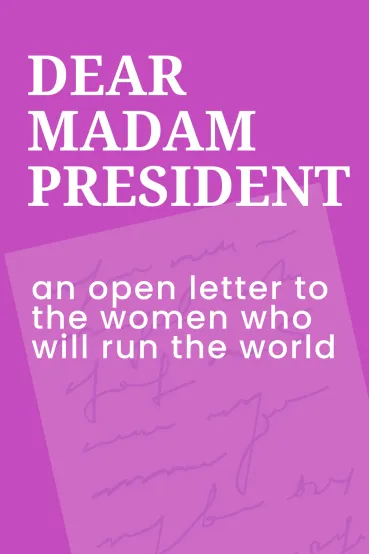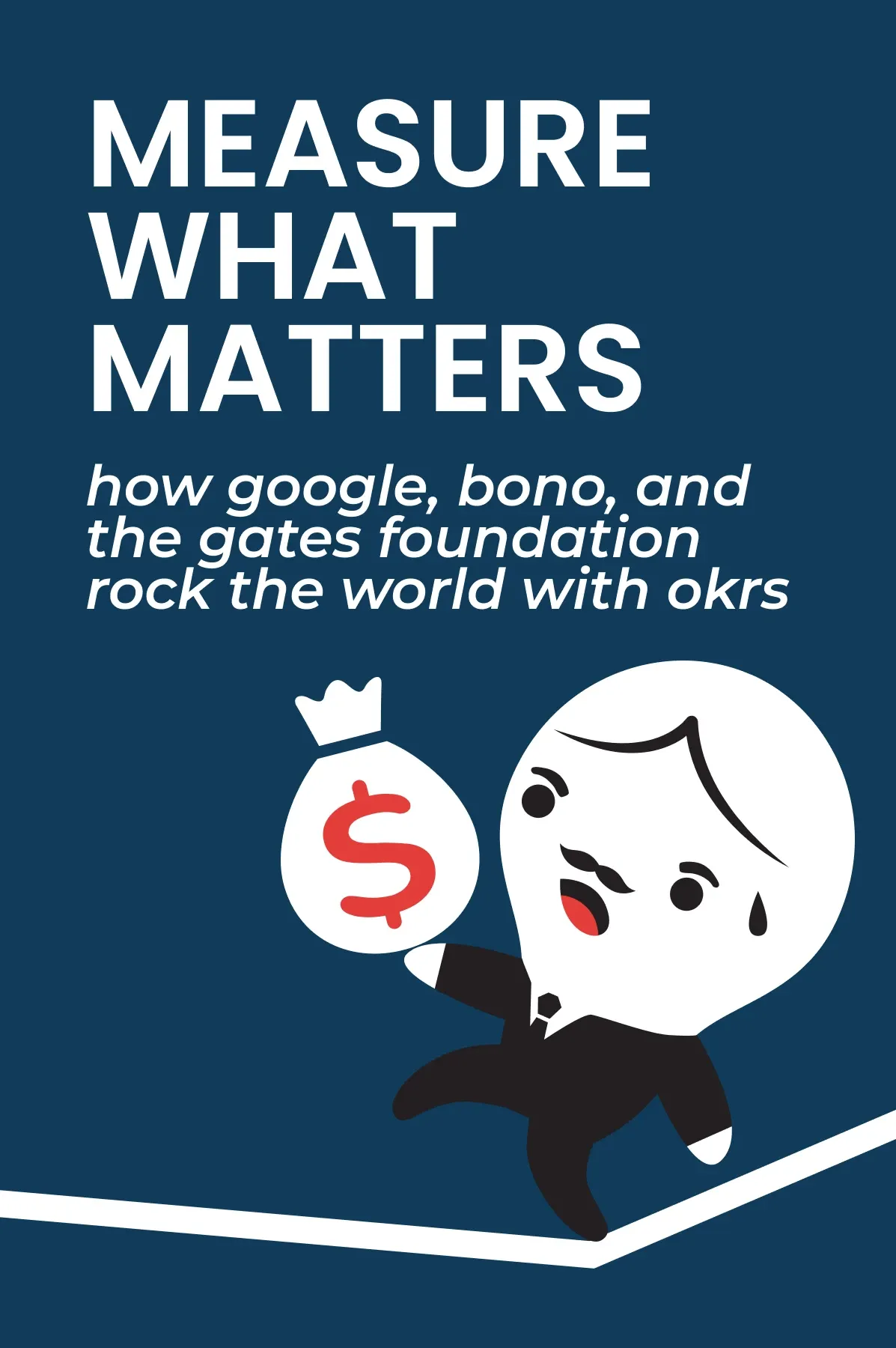
Dear Madam President
Brief Summary
“Dear Madam President” is a memoir by Jennifer Palmieri, the communications director of Hillary Clinton’s 2016 presidential campaign. In this book, she shares her insights about women’s roles in politics. Palmieri describes the experiences of women in positions of power and explains why gender equality is so important.
Key points
Key idea 1 of 7
November 9, 2016, is a date Jennifer Palmieri will never forget, as it remains one of the most distressing moments in her life, forever etched into her memory. It marked the fateful evening when Donald Trump ascended to the presidency of the United States, against all predictions. Fulfilling her role as the communications director for the Clinton campaign, Palmieri experienced a mixture of horror and disbelief. The victory of Trump, propelled by his divisive rhetoric, seemed incomprehensible. The defeat of Clinton, a seasoned political veteran, raised perplexing questions.
In hindsight, Palmieri now perceives that gender bias significantly contributed to the election's outcome. Looking back at Clinton's concession speech, it becomes apparent that the media had mixed reactions. In her speech, Clinton acknowledged Trump's victory and said she’d work with him for the country’s good. Curiously, some in the media agreed this was the best part of her campaign. They even believed that if she had shown this side of her earlier during the election, it might have connected better with voters.
Jennifer Palmieri, however, distinguishes a deeper layer in the media's reaction to this pivotal moment. She perceives a subtle thread of sexism running through the fabric of commentary. The main point here is that Clinton’s behavior remained consistent with her campaign's overall tone. The sole divergence lay in her graceful acceptance of a male opponent's triumph. In this light, Palmieri believes the media took to the concession because it matched their expectation of how women should act.
This example, according to Palmieri, shows societal dynamics: a prevailing comfort with women yielding to men for the collective wellbeing. It emphasizes a bias that casts a less favorable light upon women with the same ambition. Clinton was one of those women.
As a member of Clinton's communication team, Palmieri was well aware of society's bias against ambitious women. Early in the campaign, experts cautioned that ambitious females were often seen as self-centered and assertive. To counter this, Clinton framed her presidential goals as a desire to serve others.
FAQ
You may also like these summaries











